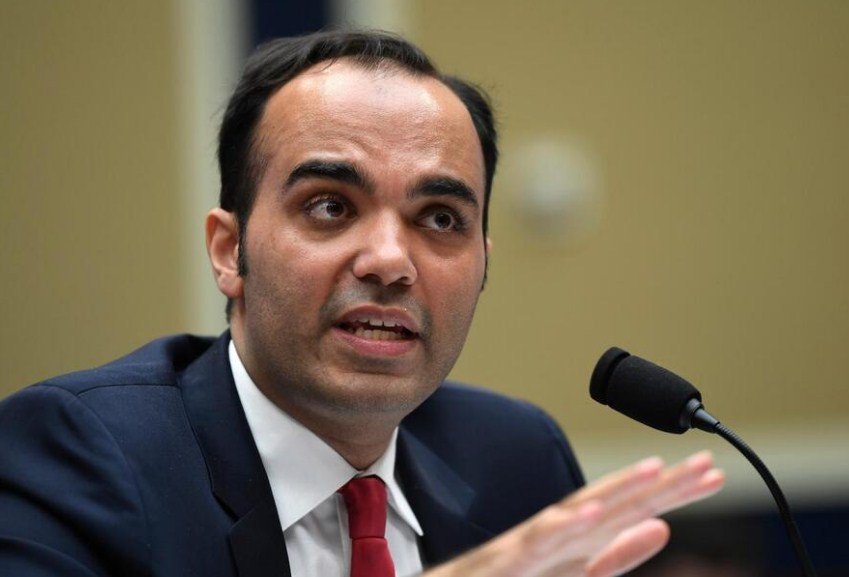The Financial Conduct Authority (FCA) has issued a warning to banks that they could face fines if they wrongly deny accounts to politicians and their families. The regulator is reviewing how banks handle the cases of politically exposed persons (PEPs), who are subject to additional checks due to their potential risk of corruption or money laundering.
FCA vows to act against ‘tick-box’ approach
Sarah Pritchard, executive director at the FCA, wrote in the Daily Telegraph that the regulator is willing to act if it finds that banks and other financial institutions are more “tick-box” than “risk-based” in their approach to PEPs. She said that while it is necessary and proportionate for banks to ask PEPs for more information about their sources of wealth and financial connections, such inquiries should not feel like “the financial equivalent of someone rifling through your bin”.
Pritchard said that the FCA has heard complaints from PEPs and their families that they have faced difficulties in opening or maintaining accounts, or have been subjected to unusually detailed scrutiny. She said that such practices could discourage people from taking part in public life, and that the FCA is aiming for a system that properly guards against risk, but does so proportionately.
Farage case sparks controversy
The FCA’s warning comes after the former UKIP leader Nigel Farage revealed that he had lost his account at Coutts, a private bank owned by NatWest, and that his political views had played a role in the decision. Internal documents from the bank showed that Farage was considered a “reputational risk” due to his involvement in Brexit and his criticism of the government’s handling of the Covid-19 pandemic.
The case sparked a public outcry and led to the departure of Dame Alison Rose as chief executive of NatWest, as well as Peter Flavel as chief executive of Coutts. The FCA said it was aware of the case and was looking into it as part of its wider review of how banks treat PEPs.
PEPs face global standards
The UK is one of more than 200 countries and jurisdictions that have signed up to international standards on combating money laundering and terrorist financing, which require financial institutions to conduct enhanced due diligence on PEPs. PEPs are defined as individuals who hold or have held prominent public positions, such as heads of state, ministers, judges, military officers, or senior executives of state-owned enterprises, as well as their family members and close associates.
The FCA said that it expects banks to apply a risk-based approach to PEPs, taking into account factors such as the nature and level of their public function, the country or region they operate in, the type and value of the transactions or products involved, and the source and destination of funds. The regulator also said that it provides guidance and support to banks on how to comply with their obligations regarding PEPs.

